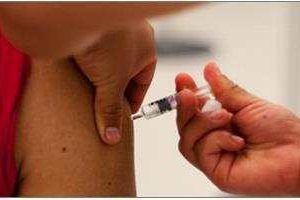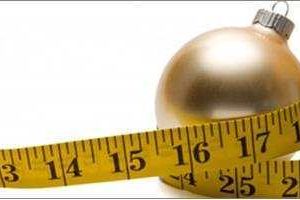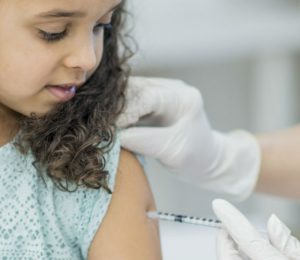
The most common cause of vomiting and diarrhea in children is acute gastroenteritis, commonly known as gastro or the stomach flu. Acute gastroenteritis highly contagious and is often associated with fever, abdominal cramping and watery diarrhea.
The most common virus causing gastro in infants and young children is the Rotavirus (for which there is now an infant oral vaccine) and the most common virus in adults is the Norovirus (formerly called Norwalk). Viral gastroenteritis is generally self limiting – that is, it goes away by itself without the need for medication. All that is needed is vigilance to prevent your child from becoming dehydrated.
With mild diarrhea, treat your child with an age appropriate diet and encourage fluids.
When there is vomiting and diarrhea, oral rehydration treatment (ORT) is highly recommended, especially in kids under 5 years of age. ORT, such as Pedialyte® is a commercially made flavoured product available in pharmacies with the correct concentration and just the right amounts of sugar and salt.
On day 1 of the illness we suggest starting younger kids with a teaspoon or dropper of ORT by mouth every 1 to 2 minutes, gradually increasing the quantity given and the time between doses until the child can drink as desired. Almost all kids with gastro related vomiting will respond to ORT. On day 2, if the vomiting is settling, gradual transition to age appropriate foods such as bananas, rice, applesauce, toast, soup, crackers, or oatmeal can be tried. From there, diet should continue as tolerated, avoiding fatty foods and sugary foods, especially ice cream, candy and pop.
ORT is strongly encouraged over carbonated drinks, fruit juice, and sports drinks which are too high in sugar content and too low in electrolytes. These drinks can actually cause fluid loss rather than fluid absorption. And according to the Canadian Paediatric Society “parents should be specifically instructed not to offer plain water to children with acute gastroenteritis because the intake of water alone may lead to hyponatremia (low sodium) and hypoglycemia (low sugar).” Source
General rules:
If your child is breastfeeding, continue to breast feed, offering smaller feeds more often.
If your child is still on formula, continue with normal strength formula.
If your child is thirsty, continue with small amounts, frequently, to avoid vomiting.
If your child is hungry, give small amounts of age appropriate foods.
If your child is uncomfortable because of fever, give acetaminophen (Tylenol or Tempra) or ibuprofen (Advil or Motrin). Do not use Aspirin.
If your child cannot tolerate oral medications for fever, then suppositories can be tried.
Bathing in warm water (never cold) may also help a fever and allow your child to feel refreshed.
Wash your hands frequently with warm water and soap for 20 seconds (or about the time it takes to sing Twinke Twinkle) to prevent spreading the virus.
Warning signs of dehydration:
Dry lips, tongue and mouth
Dry diapers
No tears when crying
Irritable or more sleepy than usual
When to seek medical help:
Seek help if your child has any of the above signs of dehydration.
Seek help if your child refuses to drink and continues to have diarrhea or vomiting.
Seek help if your child continues to drink but still vomits and is unable to keep down the fluids.
Seek help if your child has not passed urine in 12 hours.
If you are unsure, seek help.



